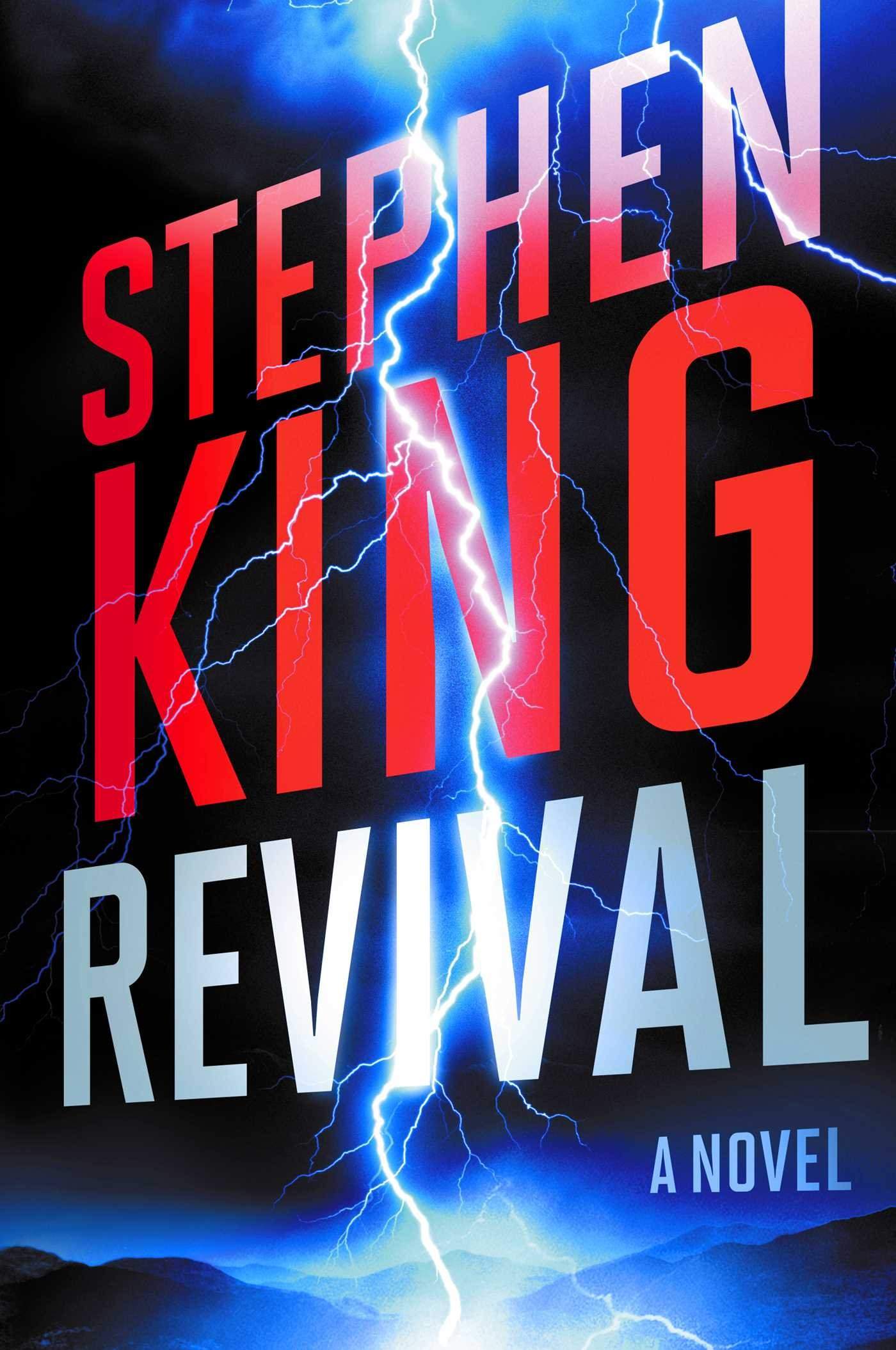



King spins this story slowly and with great compassion for his characters, damaged as many of them are by grief and loss, addiction and disappointment the teeth marks left by time gnawing away at youthful love and ambition. Most of all, the novel explores the nature and abuse of power, whether it’s love, religious faith or Jacobs’s lifelong obsession, electricity. (Scribner)Īll of the novel’s themes are contained in that early scene: the tug of war between science and belief the ability of a good huckster, whether preacher or carny, to hold a crowd rapt with the promise of healing. "Revival" is Stephen King’s latest novel. Jamie is amazed, even when Jacobs shares the secret of the apparent miracle: electricity, which the minister later says is “one of God’s doorways to the infinite.” Fascinated, the boy becomes a surrogate son to Jacobs, a role Jamie will continue to play long after tragedy strikes and Jacobs disappears. Streetlights glow, and a figure of Jesus walks across the surface of the lake. With a wave of his hand, Jacobs illuminates the vista. He brings the boy to his garage to show him a wonder: a realistic tabletop model of the countryside, complete with what appears to be a real lake and miniature power pylons. Jacobs quickly befriends Jamie (and King immediately deflects any intimations of child abuse - this is not that story). The stranger is Charles Jacobs, Harlow’s new Methodist minister, happily married, with a beautiful young wife and toddler. It was like he wanted to be two different people at the same time.” “On top he was wearing a black-for-church jacket and a black shirt with a notched collar on the bottom blue jeans and scuffed loafers. He’s outside playing with his toy soldiers when a stranger appears: Jamie Morton, the novel’s narrator, recalls an incident from when he was 6 years old, the youngest of five children in a boisterous, big-hearted clan. “Revival” opens in a place nearly as remote from our modern world as Machen’s gaslit London: rural Harlow, Maine, in the early 1960s. King updates Machen’s fin-de-siècle setting and erotic subtext, in which a 17-year-old girl is subjected to a primitive lobotomy that allows her to glimpse the terrifying abyss that underlies our world. With “Revival,” he names Arthur Machen’s “ The Great God Pan” (1894), one of the greatest supernatural tales ever written. Stephen King’s splendid new novel, “ Revival,” offers the atavistic pleasure of drawing closer to a campfire in the dark to hear a tale recounted by someone who knows exactly how to make every listener’s flesh crawl when he whispers, “Don’t look behind you.” King has always been generous in acknowledging the inspiration for his fiction.


 0 kommentar(er)
0 kommentar(er)
